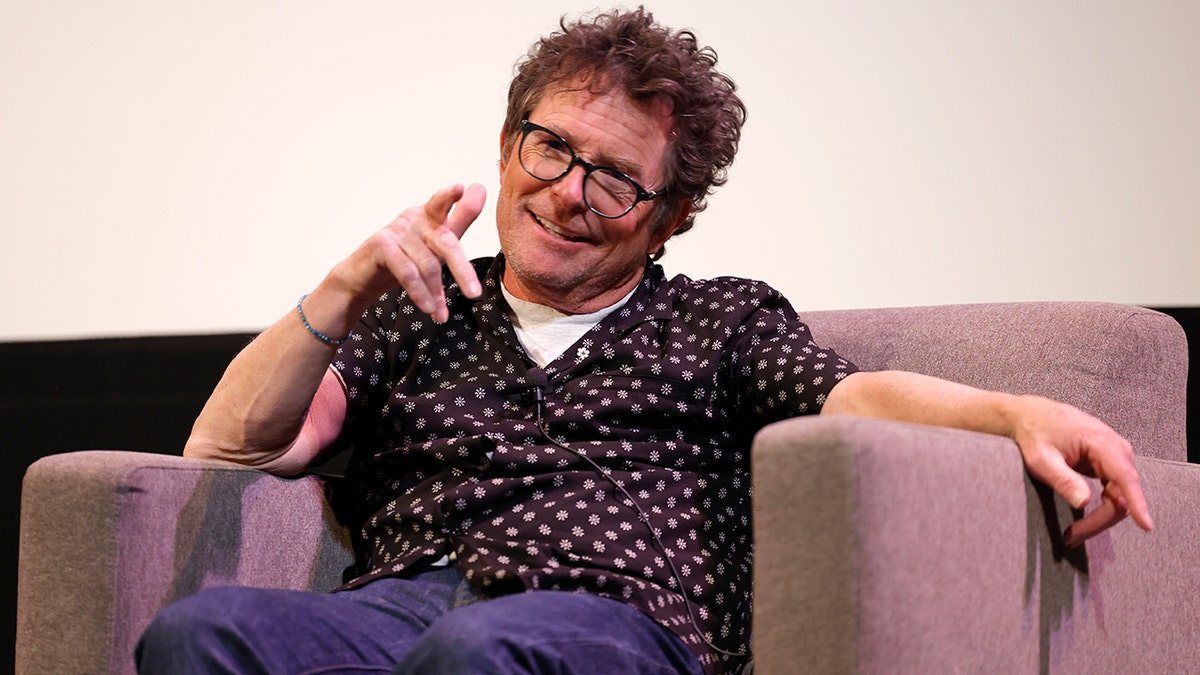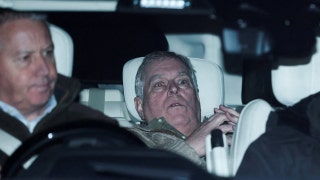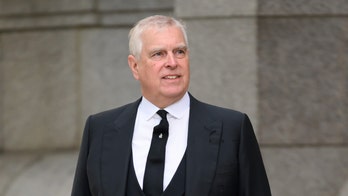'Family Ties' star Meredith Baxter talks working with Michael J. Fox
Meredith Baxter recalls working with Michael J. Fox on "Family Ties" and watching his star rise as the show went on.
Michael J. Fox has been an advocate for Parkinson's disease for over two decades following his diagnosis in 1991, when he was just 29 years old.
As the founder of the Michael J. Fox Foundation, an organization dedicated to finding a cure for the disease, Fox has helped doctors and researchers find a better understanding of how the disease progresses, and now he is revealing his own diagnosis could have come about because of something he did.
In a new interview, Fox was asked about a remark he made last November when receiving an honorary Oscar – Woody Harrelson had presented him with the award, and Fox said that the two of them had done "some damage" back in the '80s.
Specifically, he was asked if it was actually possible that he could have done some kind of damage that led to his Parkinson's diagnosis, and he answered, "Yeah, very possible."
MICHAEL J. FOX SAYS ‘I’M NOT GOING TO BE 80' AMID ONGOING BATTLE WITH PARKINSON'S DISEASE

Michael J. Fox says he could have potentially done something to bring on the onset of his Parkinson's disease. (Photo by Frazer Harrison/Getty Images for SXSW)
"I mean, there's so many ways that you can ... that I could've hurt myself," he explained during an appearance on CBS Sunday Morning. "I could've hit my head. I could've drank too much at a certain developmental period."
He continued, "Most likely I think is that I was exposed to some kind of chemical. What we say is that genetics loads the gun and environment pulls the trigger."
Elsewhere in the interview, Fox said, "[Parkinson’s] banging on the door … I'm not going to lie, it's getting hard. It's getting harder. It's getting tougher. Every day it's tougher … that's the way it is. I mean, you know, who do I see about that?"
As the "Back to the Future" star suffers from the disease, he reflected on his perspective of mortality.

Michael J. Fox has been assisting in Parkinson's research for over 20 years. (Photo by Matt Winkelmeyer/Getty Images)
"You don't die from Parkinson's. You die with Parkinson's … I've been thinking about the mortality of it.… I'm not going to be 80. I'm not going to be 80."
Fox continued to reveal how Parkinson’s has deeply impacted his life after a life-altering surgery.
MICHAEL J. FOX SAYS HE DOESN'T FEEL SORRY FOR HIMSELF BECAUSE OF PARKINSON'S DISEASE: ‘NO REGRETS’
"I had spinal surgery. I had a tumor on my spine … it was benign, but it messed up my walking … then, started to break stuff … broke this arm, and I broke this arm, I broke this elbow. I broke my face. I broke my hand," he said.
In addition to the interview, Fox wrote an opinion piece for USA Today titled, "Michael J. Fox: Do you have Parkinson's? New test is 'breakthrough' in diagnosing disease."

Michael J. Fox does not believe he will live to be 80 due to Parkinson's disease. (Getty Images)
In his article, he wrote that "300 of the world’s top neuroscientists" are meeting this week in New York City, and that "The meeting’s focus has been electrified by one of the most significant Parkinson’s breakthroughs in decades, announced by PPMI [Parkinson's Progression Markers Iniative] and The Michael J. Fox Foundation just a few weeks ago: the discovery of a spinal fluid test that can objectively detect Parkinson’s in the cells of living people. It’s a first, and a monumental leap forward, for our disease."
CLICK HERE TO SIGN UP FOR THE ENTERTAINMENT NEWSLETTER
He explained, "The new test is remarkably accurate (this is especially rare in brain disease). It will allow scientists to unlock some of Parkinson’s deepest-held secrets — like how early cellular dysfunction begins in brain and body cells, what other aspects of biology are involved in risk, onset and progression, and why Parkinson’s symptoms and disease course are so notoriously different in different people. This will crack wide open our ability to develop next-generation drugs that will benefit everyone living with the disease."

Michael J. Fox has been married to actress Tracy Pollan since 1998. (Photo by Gary Miller/WireImage)
"What’s more, we can detect the insidious biology unfolding well before any outward symptoms have shown up. (Historically, symptoms have been the first discernible sign of the disease. In my case, it was an innocent-seeming flutter in my right pinky finger.) Not only will it be possible for the disease to be diagnosed and monitored earlier, but we are standing on the threshold of being able to prevent it altogether."
CLICK HERE TO GET THE FOX NEWS APP
He concluded his piece by writing, "This breakthrough belongs to everyone who’s already taken part [in the research], and to those who will in the future. But thanks to these activated participants, it is already transforming what’s possible for us all."
Fox News Digital's Stephanie Giang-Paunon contributed to this report.














































